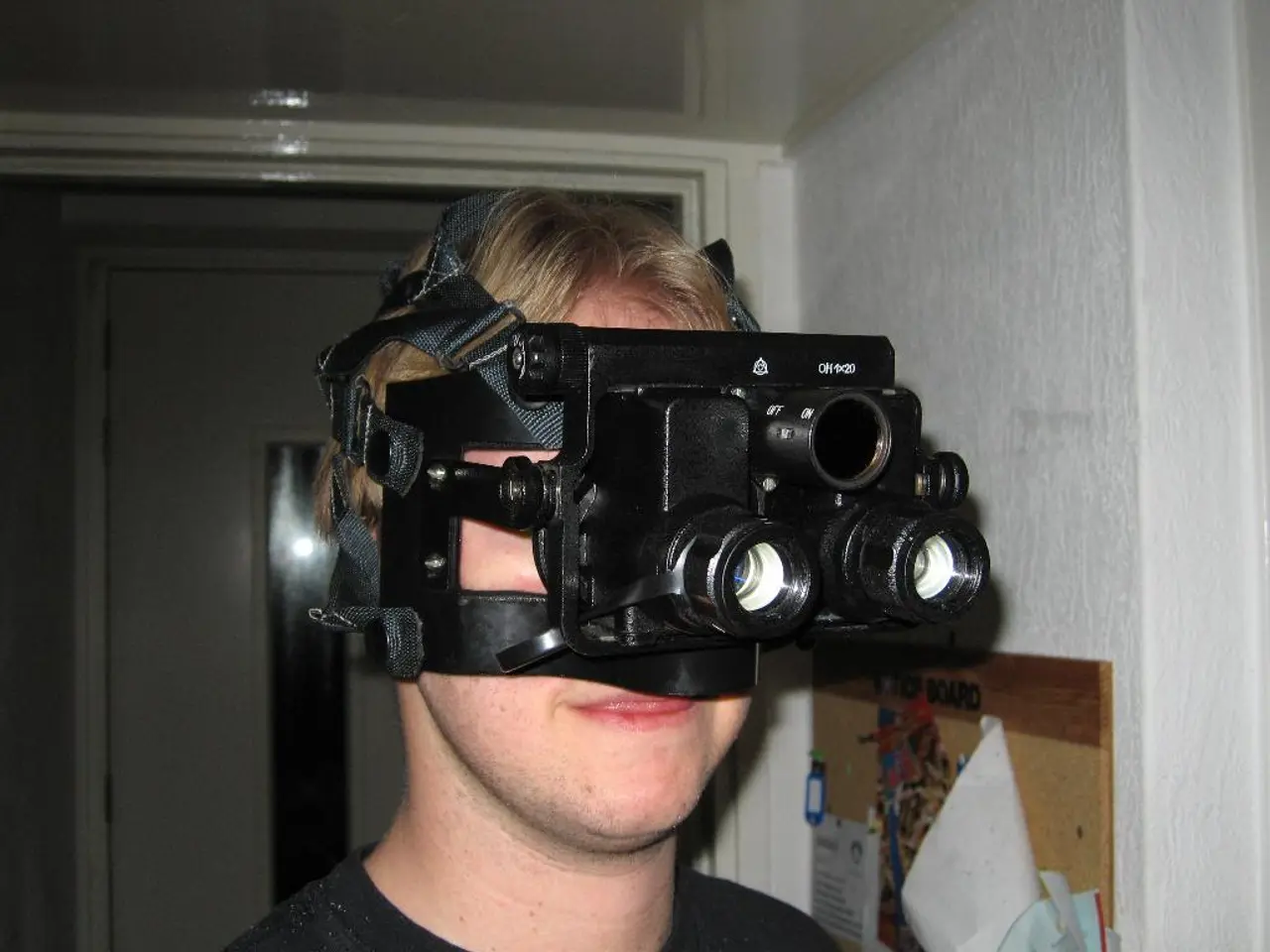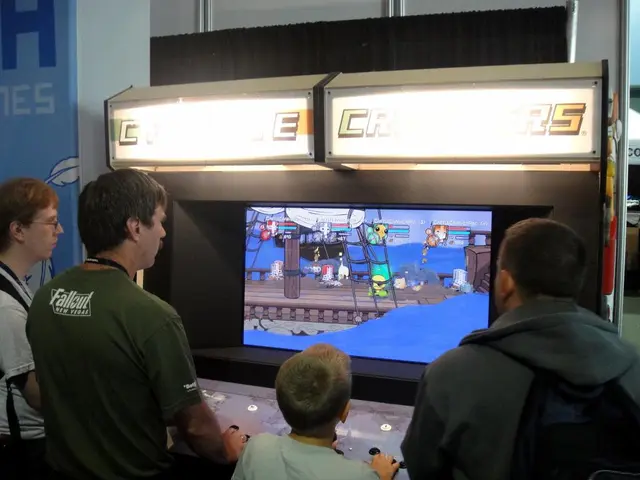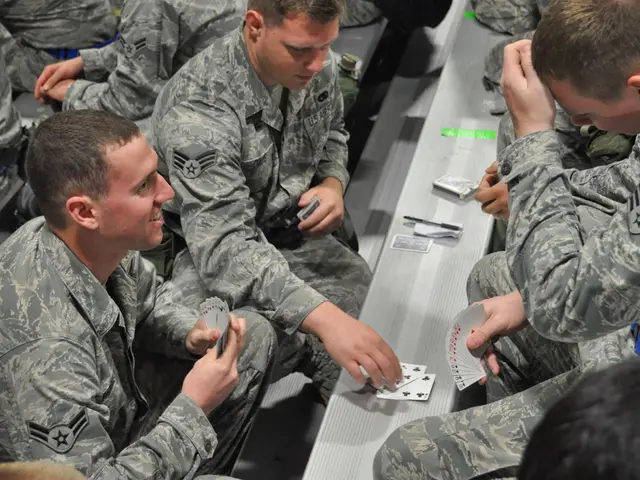2025-2034 Overview of the Virtual Reality Education Sector: Significant Forces, New Obstacles, and Tactical Perspectives
In the ever-evolving world of education, Germany is making significant strides in incorporating Virtual Reality (VR) into its learning environments.
Last year, several institutions embarked on this innovative journey. One such institution is Christiani, which boasts a certified XR Lab in Rheine. The lab is dedicated to exploring and implementing VR technology in education.
Another notable entity is the Kompetenzzentrum Landsberg am Lech, home to the XR-C Academy. Founded by Petra Isabel Schlerit and Daniel Dunkhase, this academy is at the forefront of VR education, pioneering new ways to enhance learning experiences.
The Federal Institute for Vocational Education and Training (BIBB) also joined the VR education revolution. Through its InnoVET PLUS project XR-Upskill, BIBB is focusing on vocational training in the automotive industry. This initiative aims to leverage VR technology to provide immersive, hands-on learning experiences for students, thereby bridging the gap between theory and practice.
These initiatives underscore Germany's commitment to embracing technology to revolutionise education and prepare students for the future. As VR technology continues to evolve, we can expect to see more innovative applications in German classrooms, fostering a more interactive and engaging learning environment for students.








